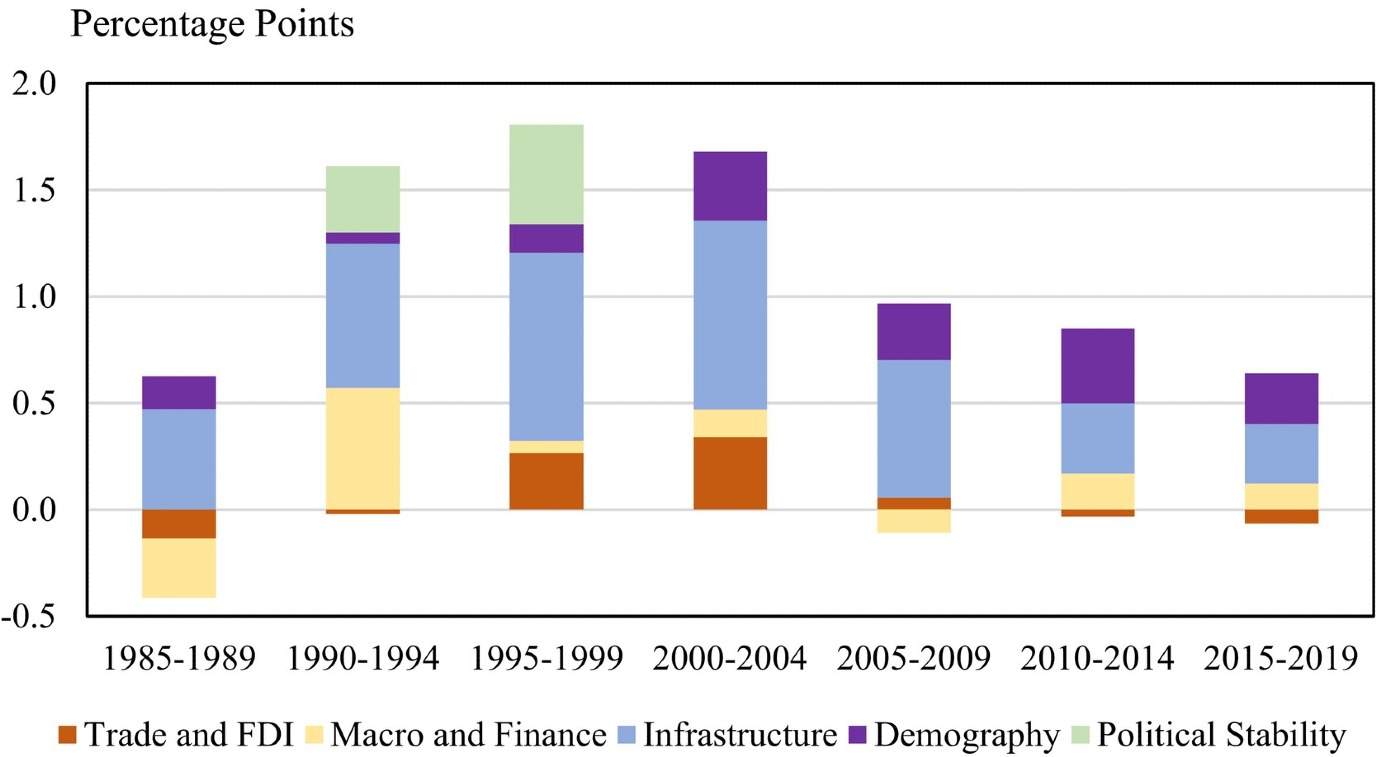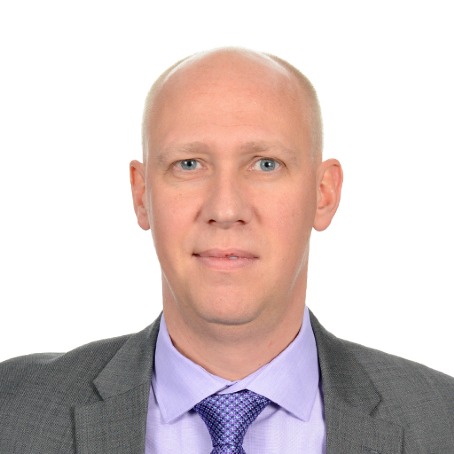Impact Case: Building capacity for policy analysis of economic growth

In his research, Konstantin M. Wacker investigates why some countries are richer than others. His work equips policymakers with powerful tools to analyze growth patterns, uncover unconventional pathways to economic acceleration, and design more effective reforms, such as Ethiopia’s 'Homegrown Economic Reform Agenda.'
Wacker’s research tackles a crucial question: why do some countries grow faster and more sustainably than others? Given the exponential nature of growth, every tiny bit of growth that we understand better has dramatic consequences for welfare and provides additional margins for policy manoeuvres. This makes Wacker’s growth research relevant beyond research papers and economic models. His collaboration with global institutions strengthens the analytical skills of economists who shape real-world policy.
Due to his expertise in growth econometrics, World Bank economists regularly reach out to Wacker for advice. He has refined and applied methods to study growth patterns in several countries. For example, his collaboration with Lars C. Moller (World Bank) led to a seminal reference paper explaining the growth acceleration that started in Ethiopia in the early 2000s. This research was also the main working horse behind an award-winning World Bank policy report, “Ethiopia’s Great Run”.
Wacker and Moller’s research highlighted unconventional financing patterns for public infrastructure investment in Ethiopia. Inspired by their findings and by consultations with Moller, the Government of Ethiopia subsequently developed a “Homegrown Economic Reform Agenda” in 2019. This agenda outlined the key macroeconomic priorities of the government and prominently featured infrastructure and “efforts to finance ambitious public investment programs through directing domestic financial resources”, reflecting Wacker and Moller’s research findings.
Wacker’s empirical growth analysis sparked interest from other country desk economists at the World Bank and informed their regular macroeconomic assessment rounds, for example in Ghana and Bangladesh. For the latter, the figure illustrates Wacker’s methodology to decompose different contributors to economic growth.

To meet the ever-growing demand for their analytical expertise, Wacker and his collaborators created an open repository of econometric growth analysis tools for more than 150 countries (largely drawing from the Penn World Tables of the Groningen Growth and Development Centre). The World Bank has incorporated modifications of these tools into its macroeconomic analysis toolkit, which its country economists use in their regular workflow.
In this way, FEB’s research has helped improve the capacity of World Bank economists to conduct policy analysis. For example, in 2024, the World Bank team in Fiji wondered what growth effects the country could expect from capital account liberalization. They quickly found a plausible answer through a small modification of the toolkit provided by Wacker and his collaborators.
Underpinning Research
The key idea of the research that underlies this impact case builds on the tradition of growth regressions. The correlations obtained from such regressions show what changes in key economic variables countries typically experience as they grow. This creates a benchmark for the specific country of interest: can growth, or the lack thereof, in this country be explained through the lenses of other countries’ experience? Or is there something peculiar in this particular country?
In the case of Ethiopia, for example, this approach showed that the country’s exceptional growth performance could in principle be well explained by factors that are typically associated with growth in other countries. However, a cluster analysis of these variables revealed that what made Ethiopia special was the way in which these factors were combined in a macroeconomic policy mix. This analysis was published in an academic journal with strong policy focus, ‘World Development’.
When the results from such regressions do not explain a country’s growth episode well, it can be just as telling. It may signal a country's unique situation or a detachment of growth from fundamental macroeconomic indicators. For instance, Ghana's post-2010 growth spurt, driven by booming oil exploration and a loose public spending, did not correspond with established growth correlates, potentially foreshadowing the country's later economic setback. Hopefully, such growth collapses can be avoided in the future through increased use of the tools provided by Wacker and his co-authors.
About Konstantin M. Wacker
Konstantin M. Wacker is an associate professor at the Faculty of Economics and Business (FEB) of the University of Groningen. He obtained his PhD degree in 2013 from the University of Göttingen, Germany, after which he worked for the macro department of the World Bank for two years. He then moved on to the University of Mainz, where he worked as an assistant professor until he joined FEB in 2018. In his research, Wacker investigates questions of macroeconomic development, exploring why some countries are richer than others. He is particularly interested in interactions between economic growth, inequality, and poverty; and in the role of globalization for development and growth.

Testimonial from Lars Christian Moller
Practice Manager East Asia and Pacific, The World Bank Group
“The analytical growth agenda Dr. Wacker has developed proved extremely helpful for the policy dialogue that I have led in the past with the government of Ethiopia. Likewise, Dr. Wacker’s research facilitated policy engagement with national policymakers in countries like Ghana, Bangladesh, and several Latin American countries. The key policy-relevant innovation of Dr. Wacker’s research and our collaboration is to make growth regressions productive for country-specific policy analysis. The tools that are now available to us due to Dr. Wacker’s research will strengthen the analytical capacity of our approximately hundred country economists and support their policy prioritization with client governments.”

